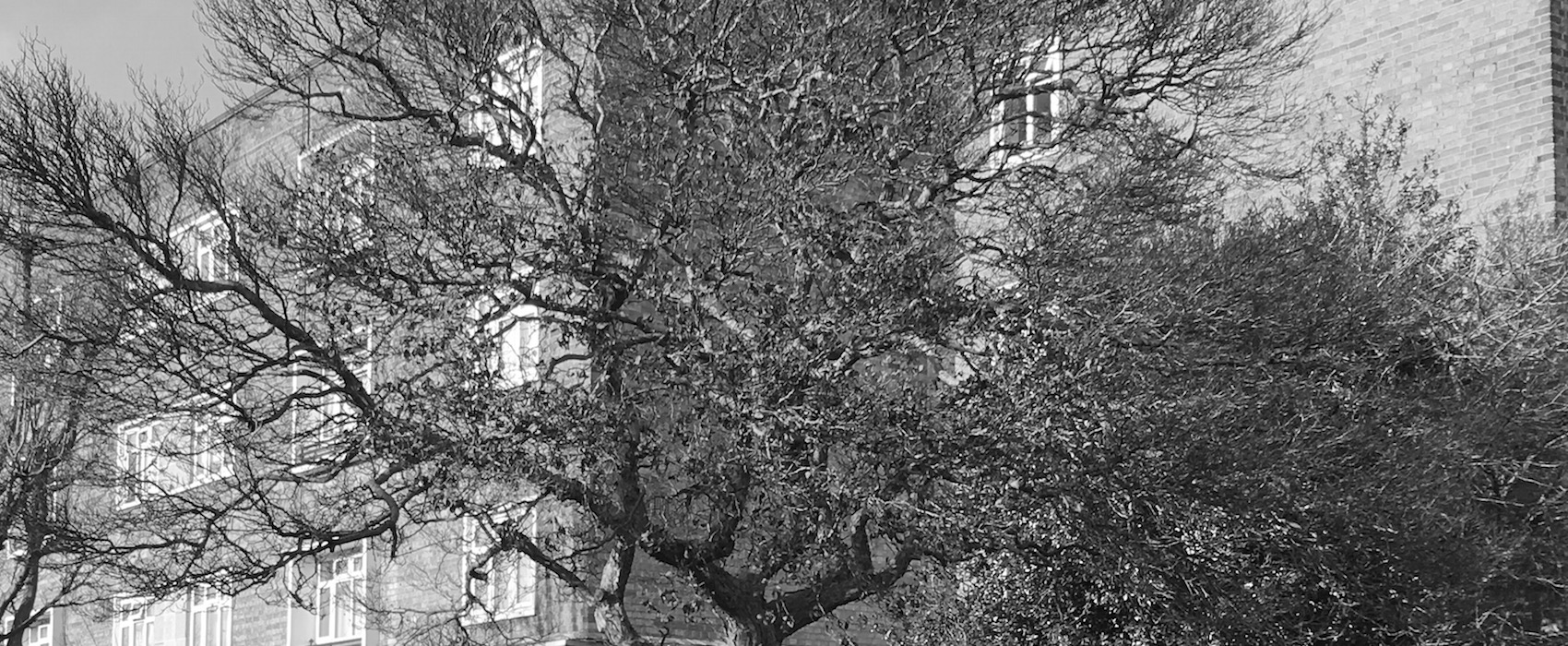Sitting in a cafe in an unfamiliar part of London, something about the light, the colours, the people, reminded me of Madrid. I found too that I was paying more attention to people, watching and listening to them, as is more usual in an unfamiliar environment.
Only a few miles away from familiar territory, I was looking at the world through a stranger’s eyes, and it seemed to present itself to me in different ways. This to me feels similar to the ‘letting go’ of the Theory U, when familiar patterns of thinking and responding are suspended, and there is space to encounter reality in fresh ways. This letting go of familiar ways of thinking can be more disruptive, more painful, it can be as slight as just the slightest shift away from an idea.
All these would have a role to play if Micah White is right and the revolution we need is one of the mental environment. Unsurprisingly, the former Adbusters editor locates the familiar patterns of thinking we are currently locked into in consumer culture.
As activists of the future, the ground of our struggle is humanity’s mental environment – our collective unconscious, the shared pool of myths, dreams and desires that shape how the world manifests. The future of protest begins with the realisation that the external world is a reflection of our interior world. What we see is a mirror of ourselves. Our communal reality is constructed through our shared culture. And every time we experience a commercial interjection, a fatal lie lodges in our world view.
White argues that our culture is “infected by a commercial virus, a disease that keeps us distracted by illusions while the world collapses”. His claim that “we did not contract the illness by mistake” is reflected in the story of “the father of public relations” Edward Bernays‘ use of the ideas his uncle Sigmund Freud set out in Civilisation and its Discontents to head off revolutionary impulses with consumerism.
Claiming that a “clean mental environment is an indispensable ingredient to a thriving civilisation”, White argues that we need to struggle for our mental ecology:
Perhaps we cannot conceive a sane future because our collective imagination has been usurped by advertisers, money worshippers and commercialism. We are in a double bind. Kicking consumerism out of our heads and finding solutions to the global problems humanity faces become the same struggle.
White’s arguments are interesting because they locate the struggle for change in people, and their interior world. But is consumer culture really the “strategic imperative” of “our collective uprising to unshackle our spirits and revive our imagination”? Do we have to look further back in time, deeper in the structures to understand what it is that holds us captive? And whose “interior world” gets to shape the “exterior” one? Who benefits and who suffers most? In her book Women and Nature The Roaring Inside Her Susan Griffin charts a myriad of ideas and perspectives about women and nature that have shaped the way women have lived their lives, of which consumer culture is perhaps just a pinnacle.
Is it just a revolution of the mind, or do we need to go deeper, if we are going to shed the old patterns of thinking and dream new dreams and imagine fresh possibilities? The idea of flexing our imagination muscles is inspiring, but it leaves me with questions about hope as well as vision, about what we can all agree on that constitutes a good life, and how we can keep that in sight as we work towards it?
